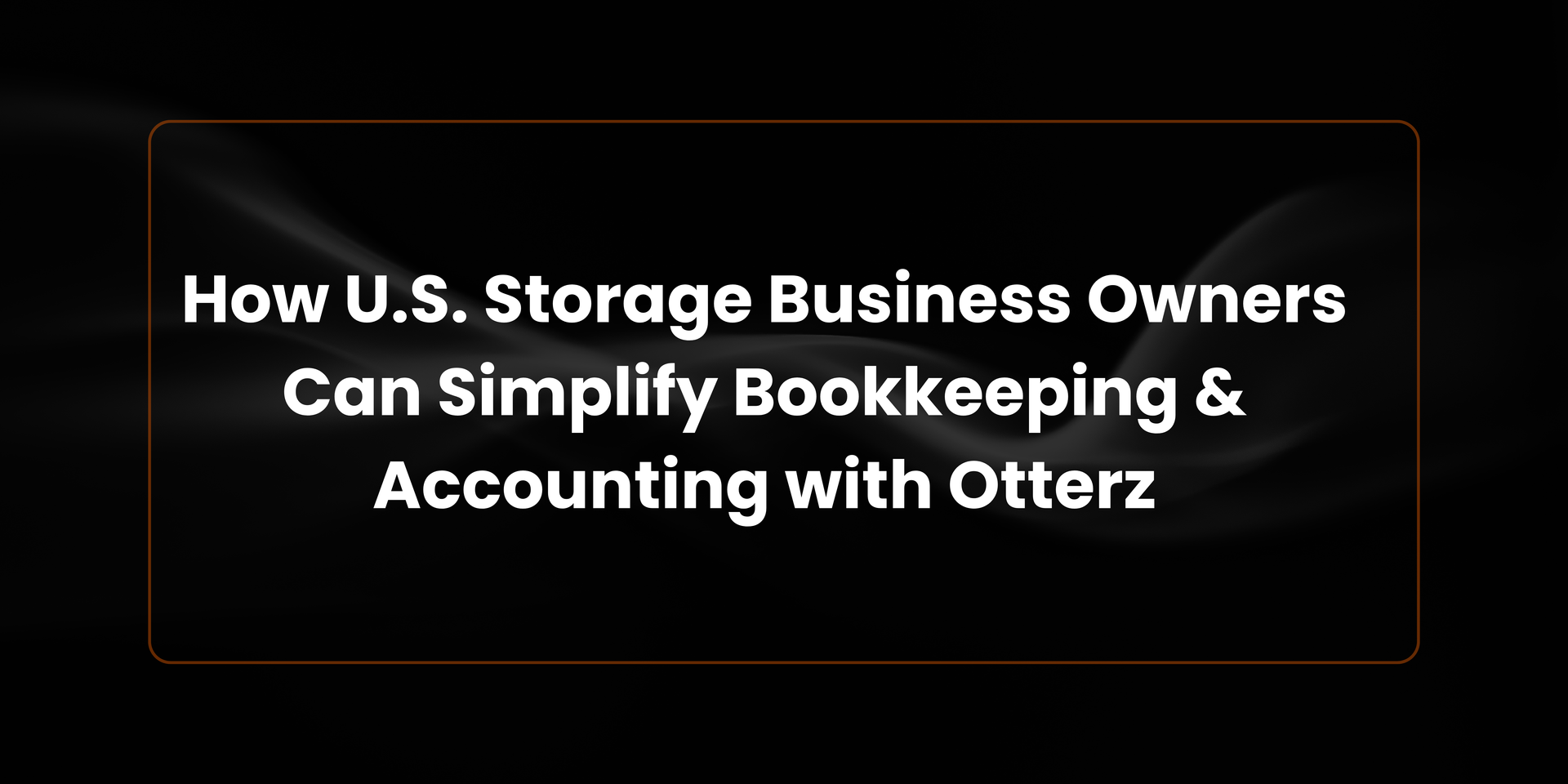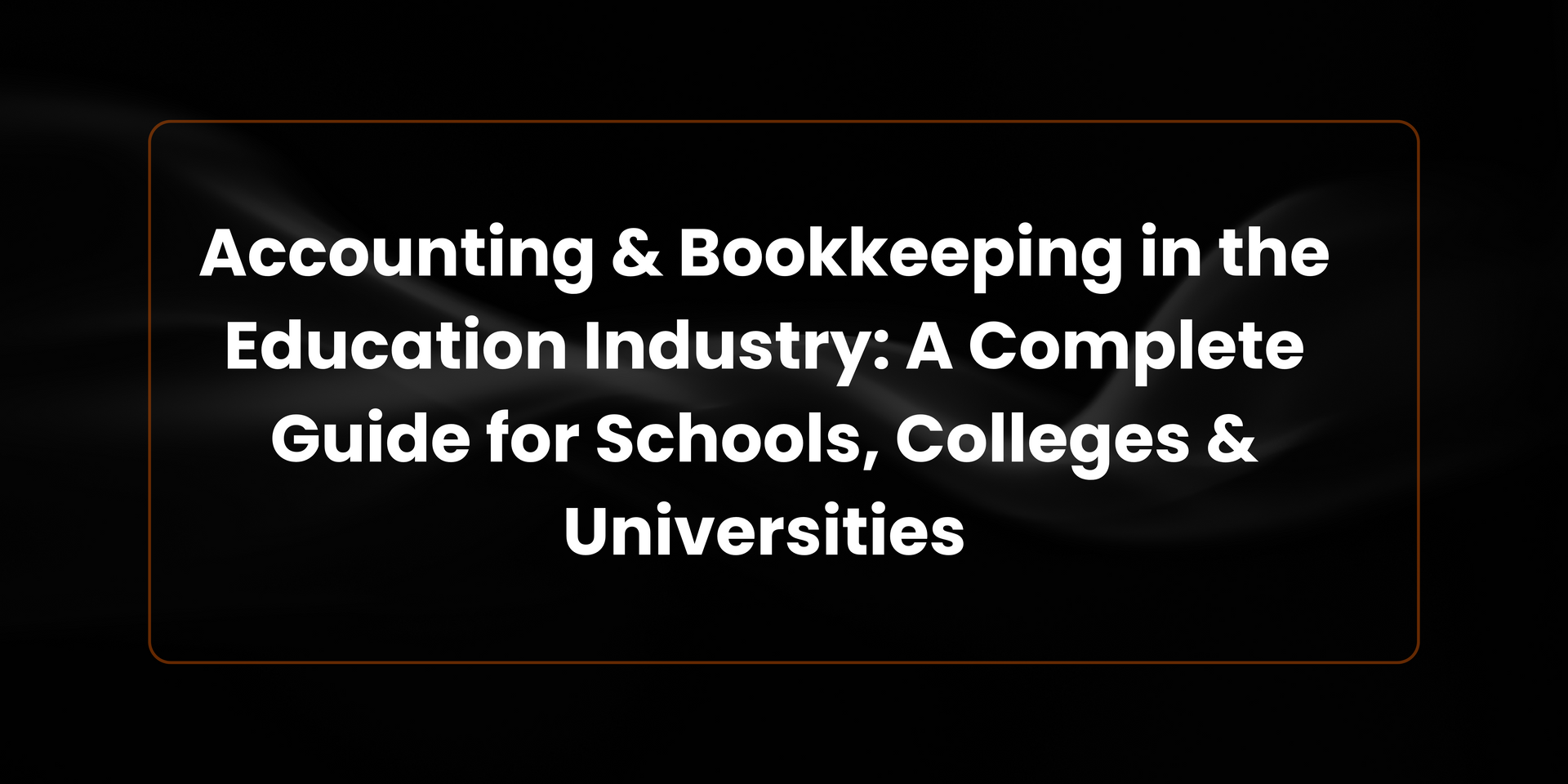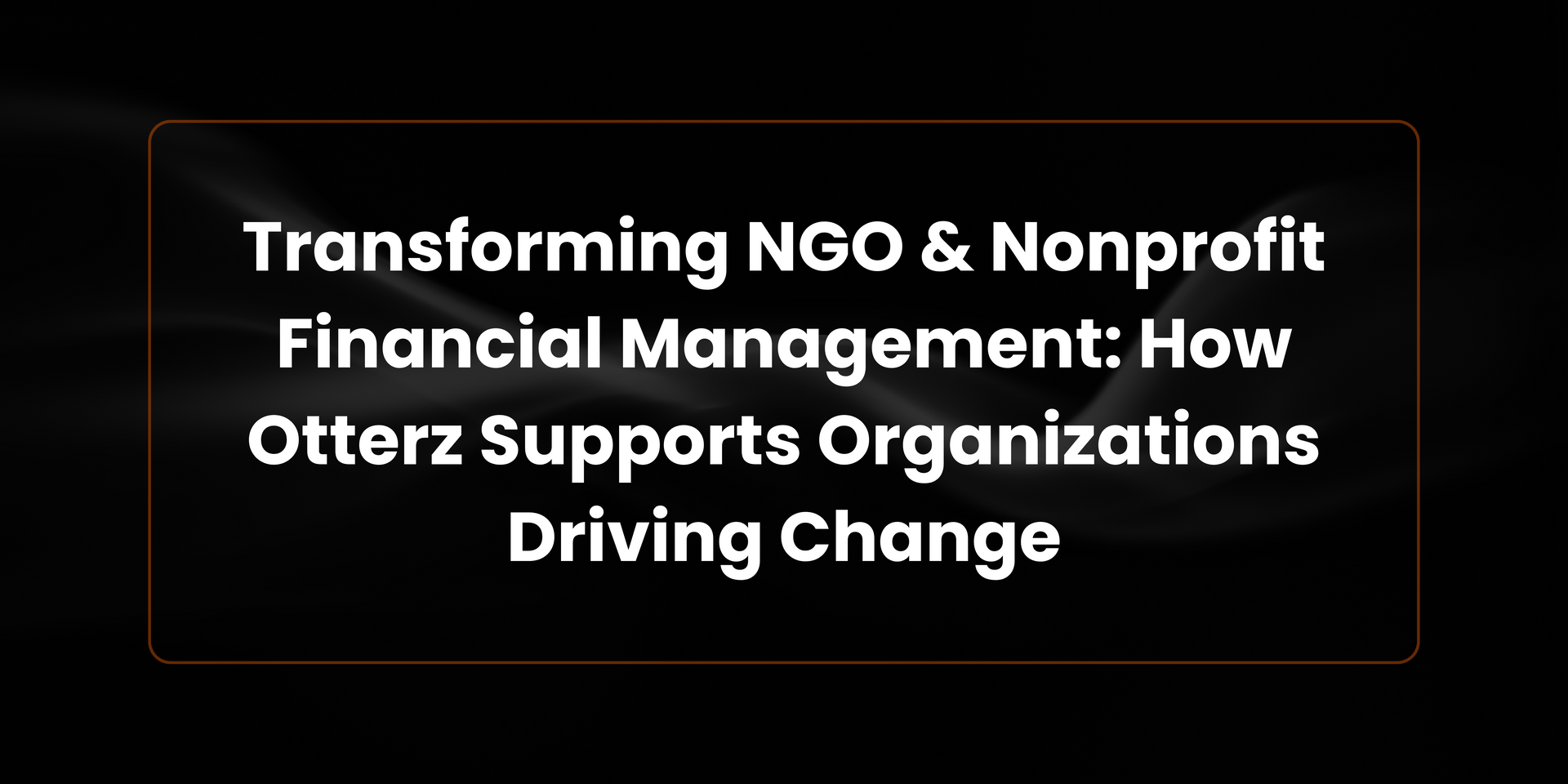10 Common Accounting Problems That Cannabis Businesses Face (And How to Solve Them)
Expert tips and strategies to tackle cash flow, IRS 280E compliance, inventory tracking, and payroll challenges in the cannabis industry.

The cannabis industry is one of the fastest-growing and most heavily regulated industries in the United States. Dispensaries, cultivators, manufacturers, and distributors are scaling quickly, but they all face the same painful truth: cannabis accounting is complicated.
Unlike traditional businesses, cannabis companies must comply with IRS 280E restrictions, cash-heavy operations, banking limitations, and strict state compliance rules. Without the right financial systems in place, even profitable cannabis businesses struggle with taxes, compliance, and cash flow.
That’s where professional cannabis accounting services, remote bookkeeping for cannabis businesses, and outsourced cannabis CFO advisory become critical. Let’s explore the 10 most common accounting problems cannabis operators face — and how to solve them.
1. Limited Access to Banking
Most cannabis businesses still operate with limited or no access to traditional banking. This forces many dispensaries and cultivators to run on cash-heavy systems, which increases risk and makes accurate bookkeeping difficult. When large amounts of cash flow through the business, every transaction must be documented, reconciled, and tracked in real-time.
Without a proper cannabis bookkeeping system or remote bookkeeping support, operators often lose visibility into their financial health and risk falling out of compliance.
2. Complex Tax Compliance Under IRS 280E
The IRS 280E tax law is one of the biggest challenges in the cannabis industry. It prohibits businesses from deducting most operating expenses such as rent, payroll, and marketing. Only Cost of Goods Sold (COGS) can be deducted.
This means cannabis companies often face effective tax rates of 60–80% if accounting is not handled properly. Without expert cannabis tax compliance services and cannabis bookkeeping outsourcing, businesses either overpay taxes or underpay and risk audits.
A strong cannabis accounting strategy ensures COGS is maximized legally, expenses are categorized correctly, and state-level tax requirements are aligned with federal filings.
3. Cash Flow Management Challenges
High compliance costs, tax burdens, and limited financing options make cash flow management a daily struggle for cannabis operators. Even dispensaries that generate strong sales often find themselves short on liquidity at tax deadlines.
With proper cannabis CFO advisory, businesses can forecast cash flow, set aside tax reserves, and build financial models for expansion. Using remote bookkeeping for cannabis companies, owners gain real-time visibility into sales, expenses, and liabilities, which makes managing cash flow far easier.
4. Inventory Tracking and Seed-to-Sale Costing
Cannabis inventory must be tracked from seed-to-sale, meaning every plant, gram, and product needs to be accounted for in compliance systems. Errors in inventory costing affect both profitability and tax filings.
Accurate cannabis inventory accounting and seed-to-sale bookkeeping ensure that Cost of Goods Sold is correctly allocated, reducing taxable income and keeping businesses audit-ready. When paired with cannabis accounting software and remote bookkeeping systems, operators can simplify reporting and stay compliant with regulators.
5. Outdated or Inadequate Bookkeeping Systems
Too many cannabis operators still rely on spreadsheets or generic accounting tools that don’t align with compliance needs. This creates chaos during audits and prevents operators from producing investor-ready reports.
Modern solutions like cannabis bookkeeping automation, cloud-based cannabis accounting systems, and outsourced cannabis bookkeeping services help operators maintain clean, audit-ready records while freeing up time for growth.
6. Payroll and Employee Classification Issues
Payroll is especially complex in cannabis because employees often work multiple roles — for example, a trimmer who also works in retail. Misclassification leads to tax penalties and compliance problems.
With cannabis payroll compliance services and HR-focused cannabis bookkeeping support, businesses can classify employees correctly, automate payroll, and avoid costly mistakes. Outsourcing payroll as part of remote bookkeeping for dispensaries also ensures accuracy and compliance.
7. High Licensing and Compliance Costs
Licenses, renewals, and compliance audits are expensive and often overlooked in financial planning. Cannabis operators who don’t budget for these costs face cash flow crises when renewal deadlines arrive.
Using cannabis financial planning services and cannabis CFO advisory, businesses can forecast compliance costs and integrate them into long-term budgets. This approach ensures there are no surprises and protects against license suspension due to missed payments.
8. Weak Internal Controls and Fraud Risks
With large amounts of cash moving through cannabis businesses, internal controls are critical. Without them, theft, fraud, and record discrepancies are almost guaranteed.
Strong internal control systems supported by cannabis audit preparation services, fraud prevention accounting, and remote bookkeeping checks protect against financial loss and build investor confidence.
9. Difficulty Raising Capital and Securing Financing
Traditional banks and lenders rarely finance cannabis operations. This makes accurate financial reporting essential for attracting private investors or alternative funding sources.
Investors expect GAAP-compliant reporting, cannabis investor-ready financial statements, and CFO-level oversight. Businesses that use outsourced cannabis CFO services and cannabis investor reporting support have a much higher chance of securing funding.
10. Lack of Cannabis-Specific Accounting Expertise
One of the biggest mistakes cannabis operators make is hiring general accountants without industry experience. Cannabis has unique accounting, tax, and compliance requirements that most accountants are not trained in.
By working with experts in cannabis accounting services, outsourced cannabis bookkeeping, and virtual cannabis CFO advisory, operators reduce risk and gain the strategic insights needed to scale.
How Otterz Helps Cannabis Businesses Thrive
At Otterz, we specialize in solving the unique financial challenges of the cannabis industry. We don’t just handle compliance — we provide the tools, systems, and strategies cannabis operators need to succeed.
Here’s how we help:
✅ Remote bookkeeping for cannabis businesses – daily, accurate, and audit-ready books.
✅ Cannabiz accounting services – specialized support for dispensaries, cultivators, and manufacturers.
✅ Cannabis 280E compliance – maximize allowable deductions while staying IRS-compliant.
✅ Outsourced cannabis CFO advisory – cash flow forecasting, investor reporting, and growth strategy.
✅ Cannabis payroll compliance management – streamlined payroll that avoids costly misclassification errors.
✅ CFO-level cannabis financial planning services – budgeting, forecasting, and investor support.
With Otterz cannabis accounting solutions, you gain a partner who understands your business, keeps you compliant, and helps you grow with confidence.
Final Thoughts
Running a cannabis business is complex, but the right financial systems make all the difference. By addressing these 10 common accounting problems and investing in cannabis accounting services, cannabis bookkeeping outsourcing, remote bookkeeping, and cannabis CFO advisory, operators can protect their businesses, stay compliant, and focus on growth.
If you’re ready to simplify your cannabis accounting, Otterz is here to help.
Let's build your financial foundation for long-term success. Email us at hello@otterz.co
New Paragraph
Found this valuable? Share it with your friends and colleagues!








